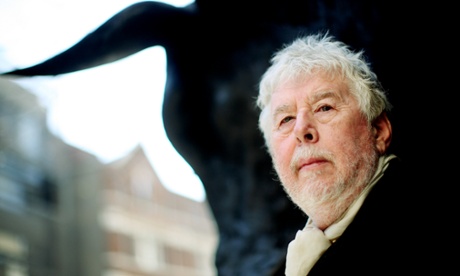
Tonight, BBC Four will televise one of the best-loved events of the BBC Proms season, the National Youth Orchestra’s Prom, which was performed on 10 August 2014 to a packed and joyful audience at the Royal Albert Hall. One work from the concert pogramme will be omitted from tonight’s broadcast, however: Sir Harrison Birtwistle’s three-minute piece Sonance Severance 2000.
The BBC have been quick to confirm that it will be televised, as part of a special BBC Four programme on Sir Peter Maxwell Davies and Birtwistle scheduled for 11 September, and that it is also available on the iPlayer. So that’s ok then. No, hang on, it’s not. For one thing, it speaks volumes about the BBC’s stance on new music, and audiences, that they feel the need to remove Birtwistle’s piece from a slot where it might have been discovered by a broader public, placing it instead in a special feature which, while it will no doubt be fascinating, will mostly attract viewers already interested in these composers.
However, of greater concern is the creeping tendency throughout the Proms season to cut out new pieces from televised broadcasts – this has been done with works by Helen Grime, Jonathan Dove, John Mcleod, Roxanna Panufnik, Ayal Adler and Kareem Roustom (the last two composers of works specially written for the West-East Divan Orchestra – I wonder if Daniel Barenboim was aware of the decision?)
The BBC has done so much for new music in the UK. It is where many of us have discovered wonderful, surprising, strange and delicious new sounds for the very first time. Radio 3 is the country’s most important commissioner and supporter of new music of all types. For those of us who believe that the work of living composers is essential to the ongoing health of music as a living art form, it has a heroic status. But it’s impossible to read anything into the decisions about what not to televise from the Proms other than a policy-by-implication which assumes that audiences won’t like new music, and that it’s not valued by the BBC.
As chief executive of Sound and Music, the national agency for new music, I see over and over again how audiences for new music are stronger than ever, more and more people are seeking new and unique experiences and sounds, and more of it is opened up and shared online. But that’s almost beside the point. What’s at issue here is how our biggest cultural institution behaves towards composers, and what it assumes about audiences.
• Susanna Eastburn is chief executive of Sound and Music. @susannaeastburn

